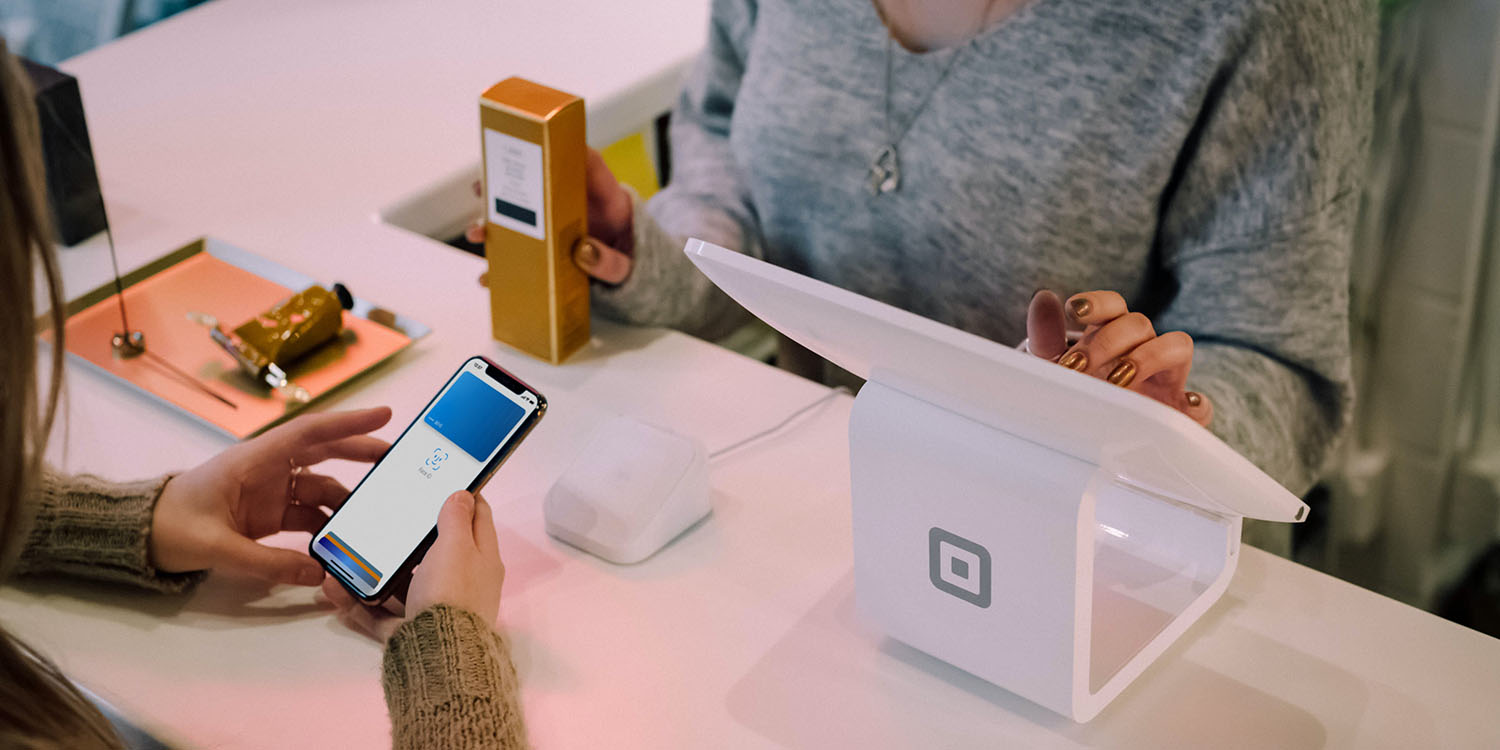
The Apple BNPL (Buy Now, Pay Later) scheme will use your Apple ID history as one form of fraud prevention, says a new report today.
The report also notes how Apple Pay Later addresses one of the key issues to becoming a credit provider: reputational risk …
Background
Apple Pay Later was announced at WWDC. This is a BNPL scheme competing with services like Affirm, allowing customers to take home a product immediately, then pay for it in installments. It is completely separate from the financing available for Apple products using an Apple Card; it can be used with any card registered in Apple Pay.
Some BNPL schemes let you spread payments over anything up to a year, but Apple Pay Later is limited to four installments over six weeks. As the first of these is paid immediately, users are effectively financing 75% of the purchase cost.
It was initially reported that Apple Card partner bank Morgan Stanley would be providing the financing, but subsequent reports said that Apple was actually using its own cash reserves through a wholly-owned subsidiary, Apple Financing LLC.
Although Apple charges no interest or fees, it still makes money from merchant fees charged to the companies from whom you make BNPL purchases.
“Soft” credit bureau checks
It was already known that Apple makes a “soft” credit check when you ask to use Apple Pay Later. This is a check of credit bureau data used by banks and other finance companies to check your credit history before authorizing a loan or advance.
Most of these checks are “hard” – meaning that the fact that you have applied for financing is noted on your credit record, whether or not the application is approved. This is because multiple credit applications within a short time is a key indicator of financial difficulties, and therefore suggest the applicant may struggle with repayments.
Apple instead uses a “soft” check. These are not recorded, because the repayment period is very short, so less appealing to someone in a financial hole.
Apple BNPL scheme uses Apple ID history also
The WSJ reports that Apple is supplementing these credit checks with data on your Apple ID history.
Much like a bank, the tech giant will rely on credit reports and FICO scores to check applicants’ financial standing. But it also plans to use its giant store of Apple ID data for identity verification and fraud prevention, said people familiar with the matter […]
Applicants whose Apple IDs have been in good standing for a long period and who have no indication of fraud are more likely to get approved.
How Apple limits the risk to its reputation
I speculated back in 2015 that Apple might one day become a bank. One of the counterarguments offered then was that consumers hate lenders, especially when it comes to getting tough on those who have fallen into financial difficulties. Apple would not, it was argued, wish to run that risk to its reputation as a consumer-friendly brand.
Some in the finance world expressed surprise that Apple had taken even this relatively small step, dipping a toe into the world of consumer finance.
But the WSJ says that Apple has limited this risk, both by offering only very short-term financing, and by limiting the maximum loan to $1,000.
A concern at the company, including for Chief Executive Tim Cook, was the potential reputational risk, according to people familiar with the matter. When it was ready to launch a new credit card a few years ago, Apple tapped Goldman to approve applicants and fund the loans.
The company now feels comfortable becoming a lender in part because of the small dollar amount and short duration of the payment plans, people familiar with the matter said. Payment plans per transaction will max out at $1,000, and the amount for which consumers are approved will depend on their credit reports and scores.
It’s far less likely that people would struggle to repay a relatively small sum borrowed for just a few weeks – and if the worst happens, Apple still won’t charge interest or late fees; it will eat the cost rather than risk being seen as preying on those with difficulties.
Photo: Christiann Koepke/Unsplash
FTC: We use income earning auto affiliate links. More.






Comments